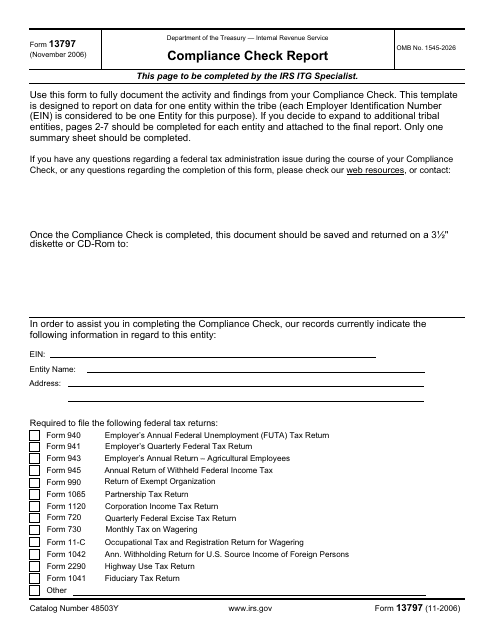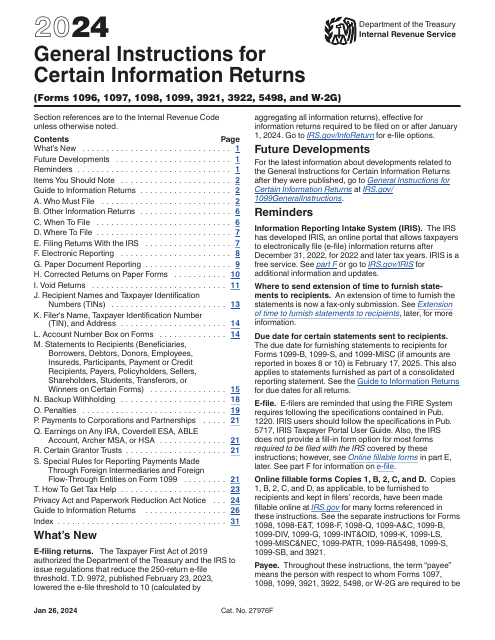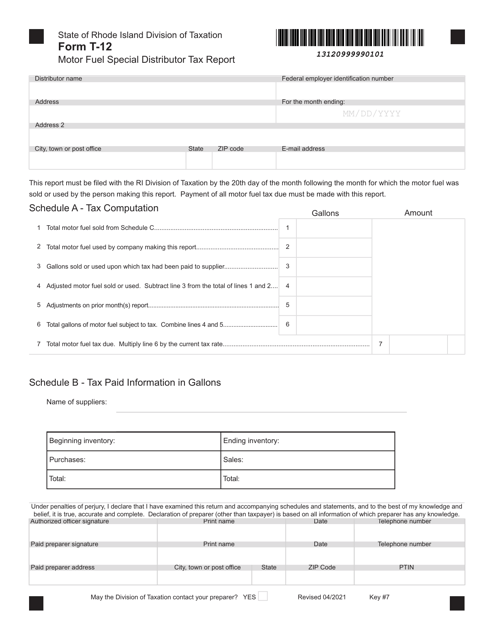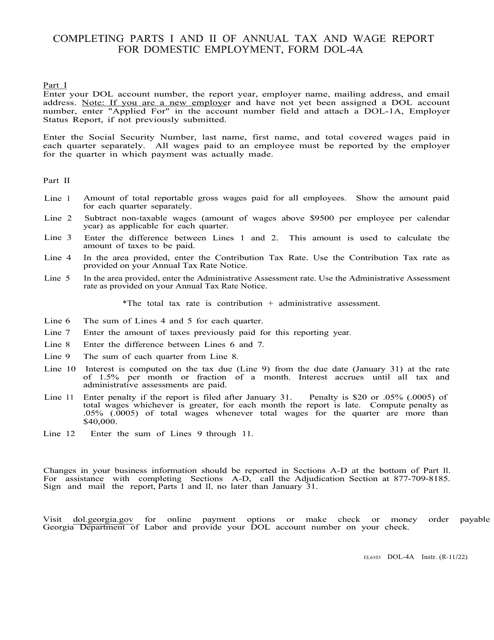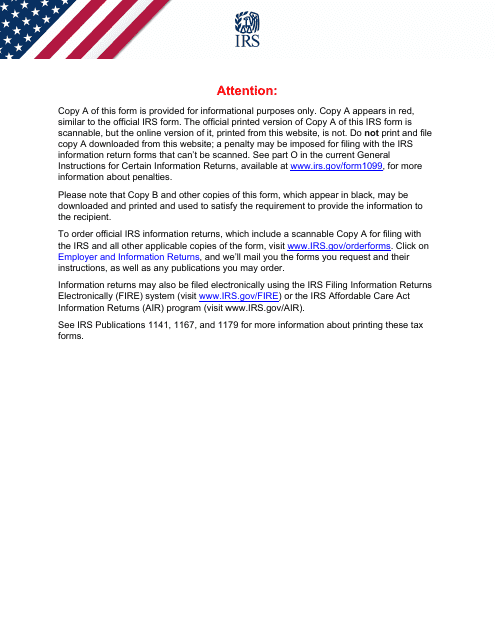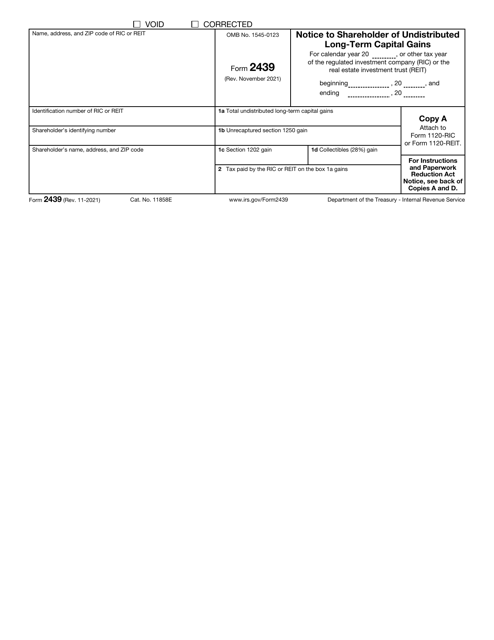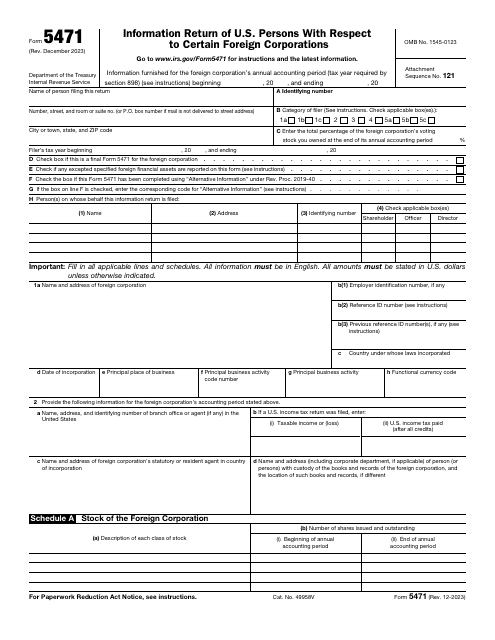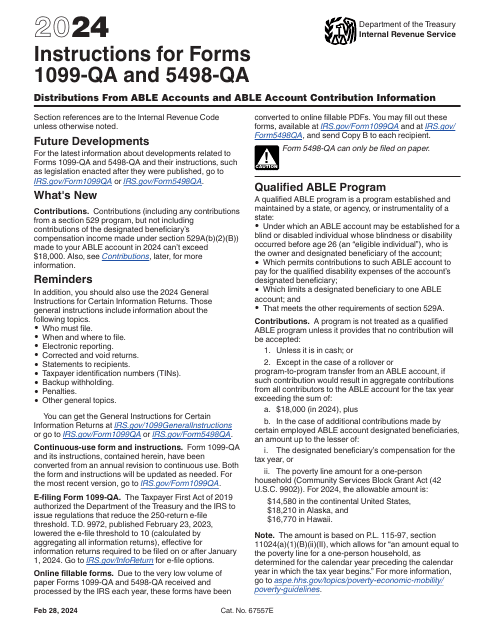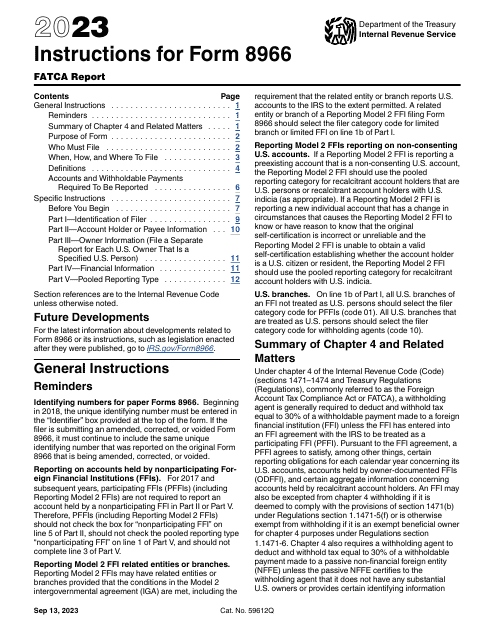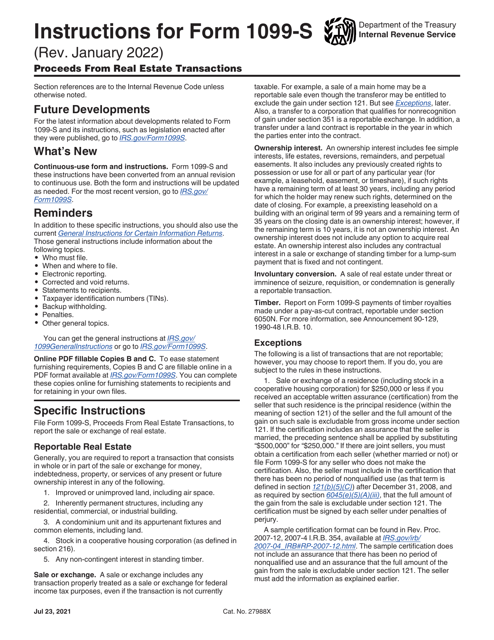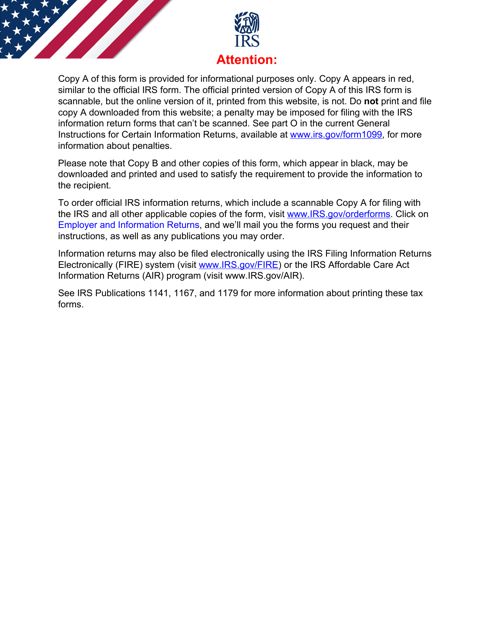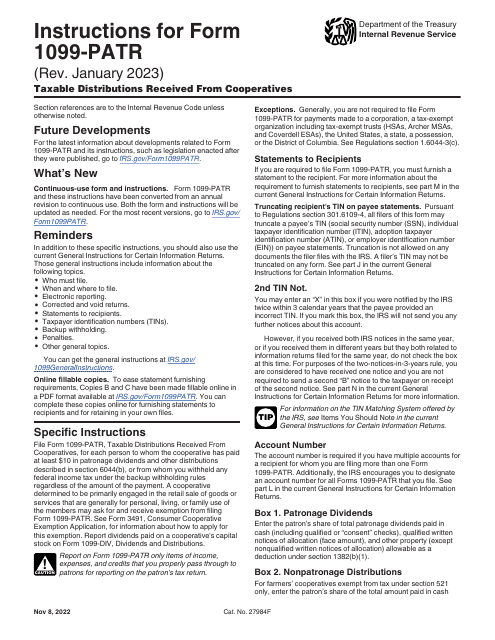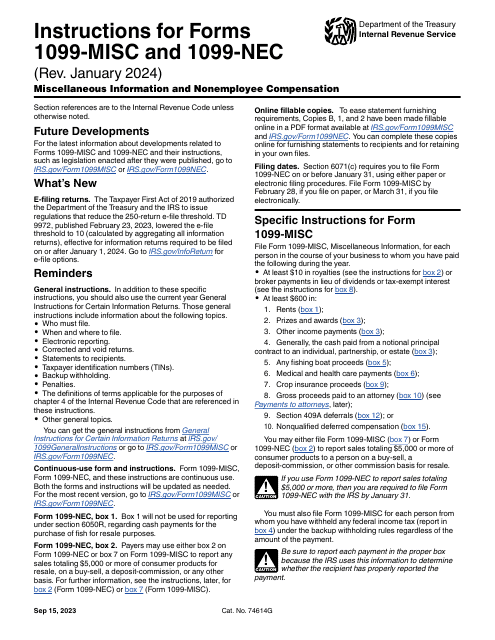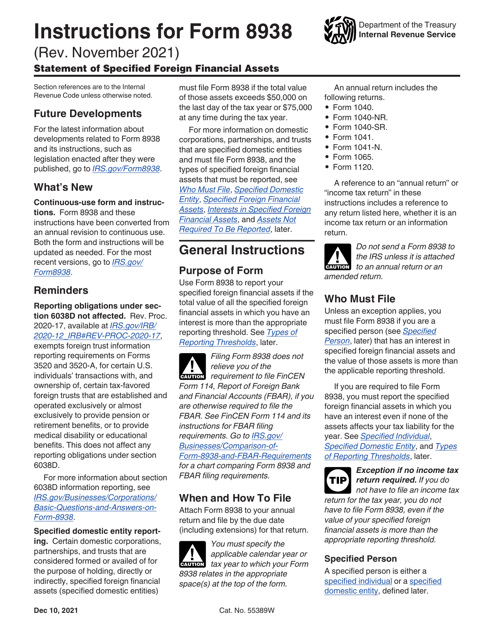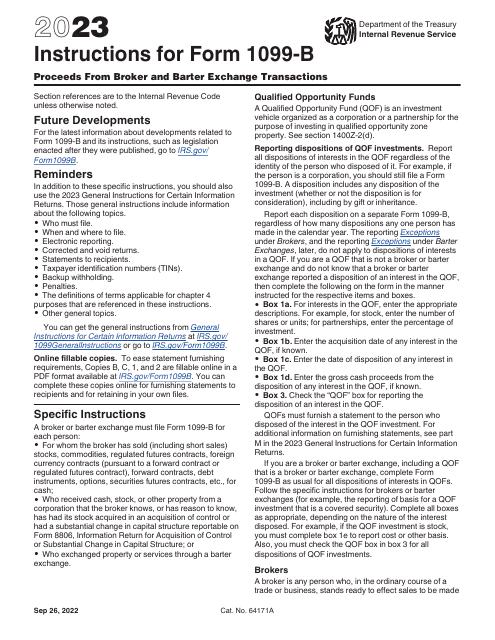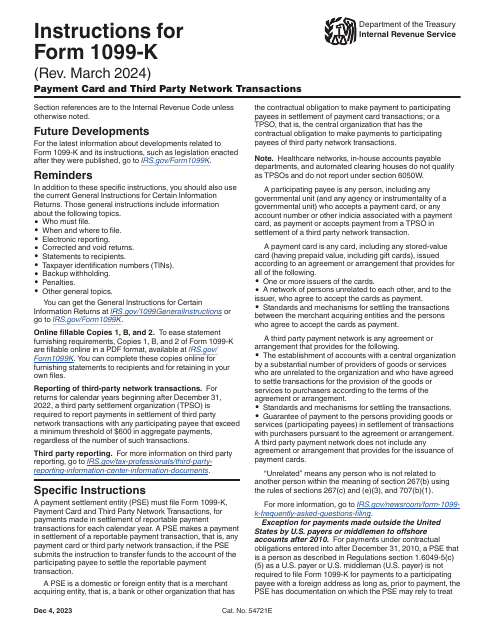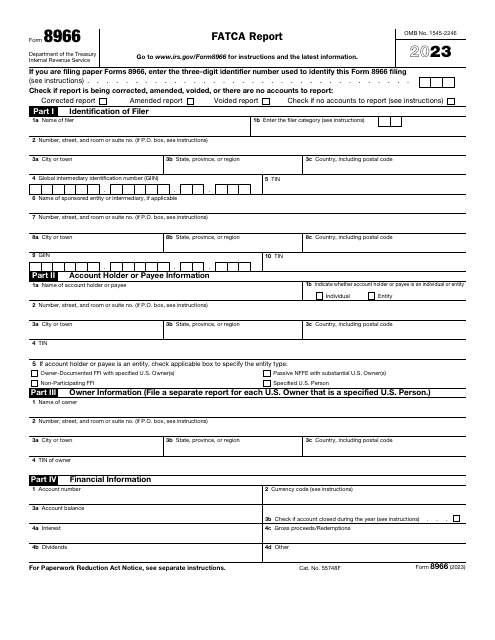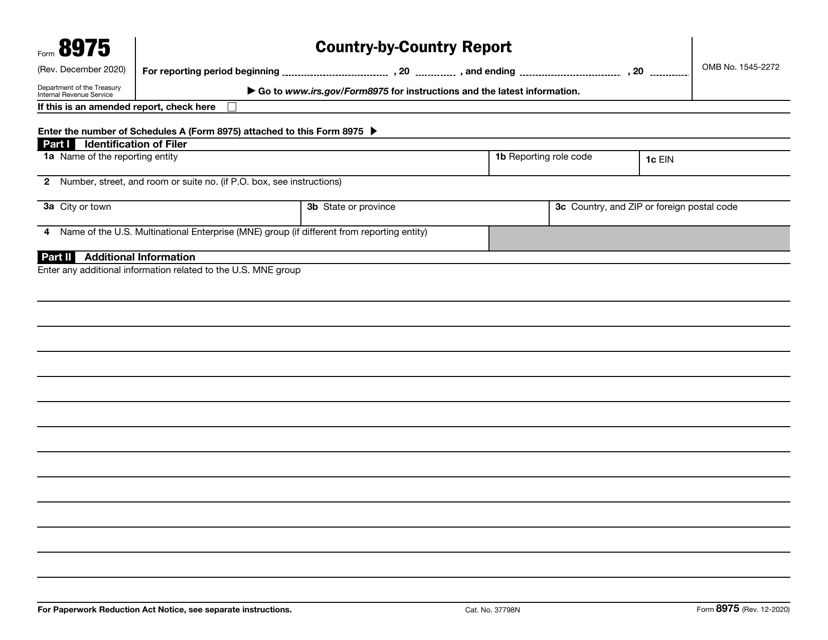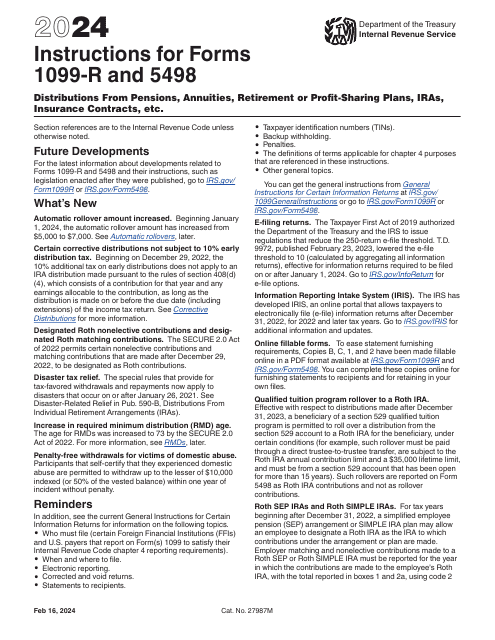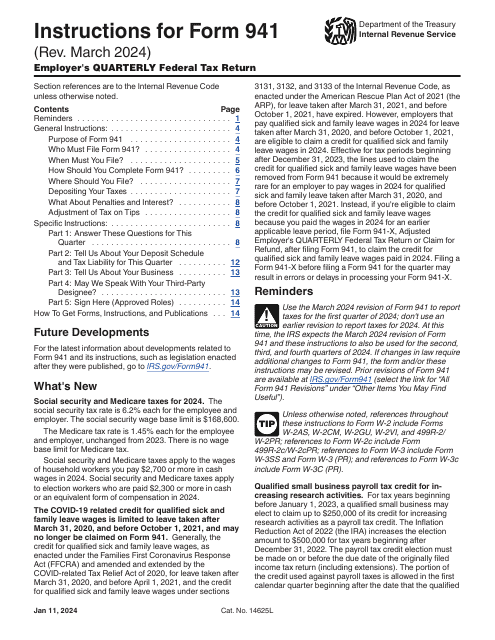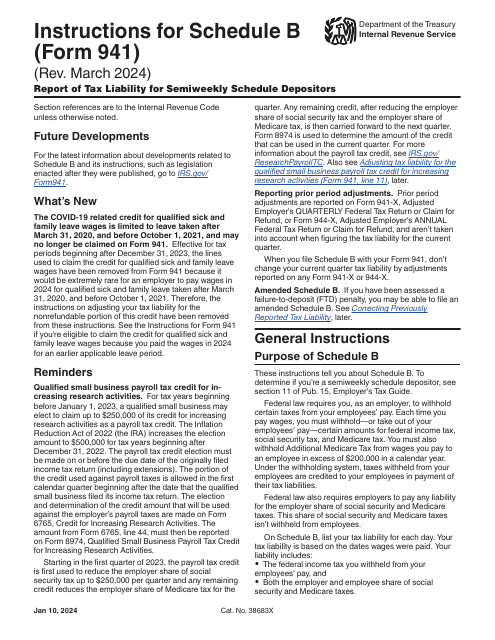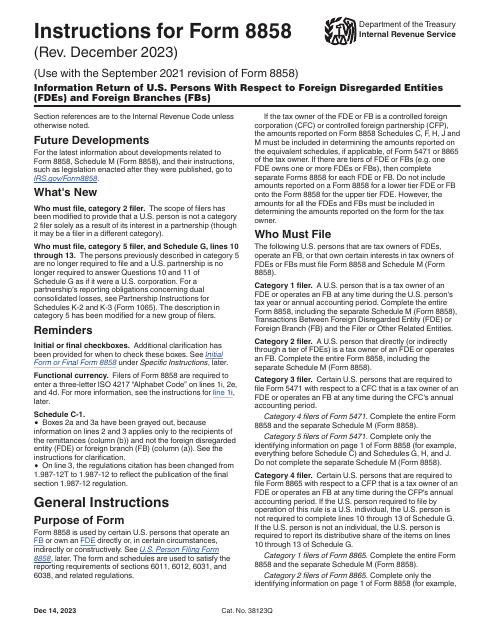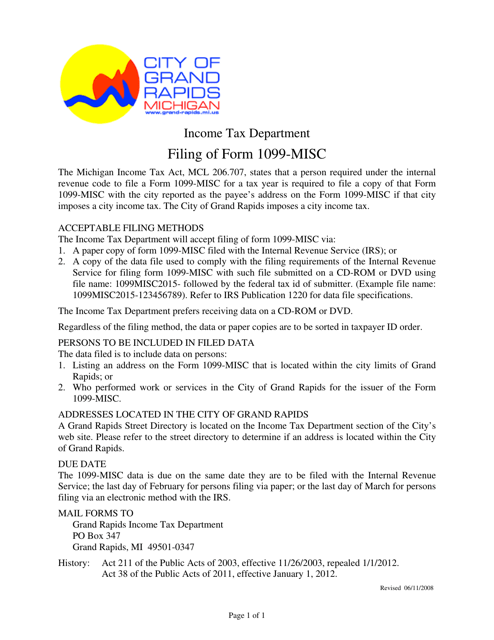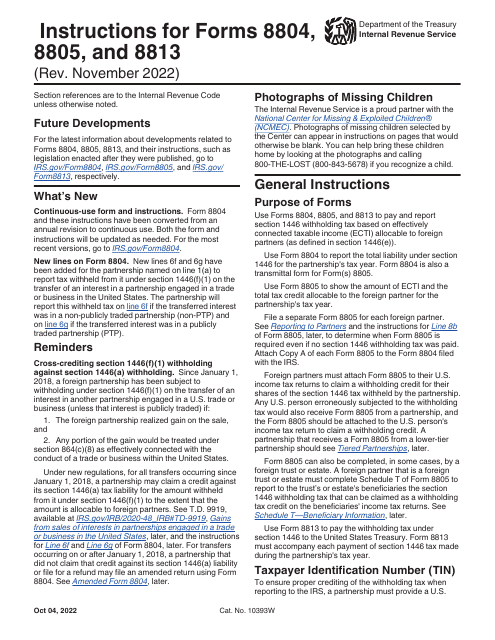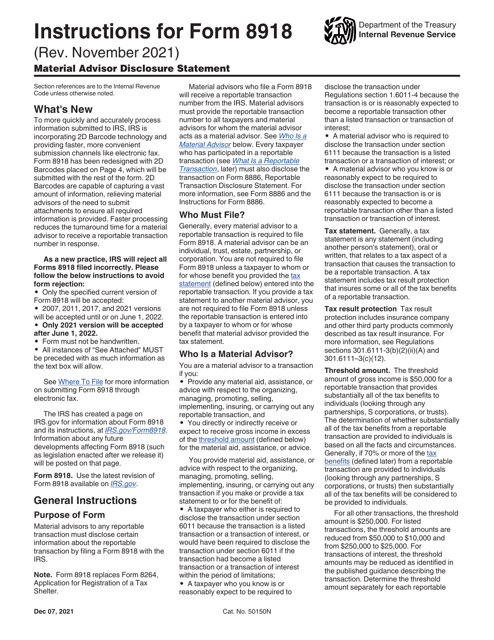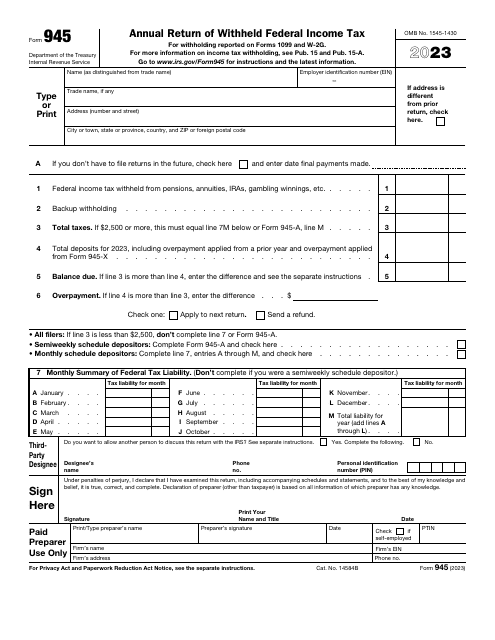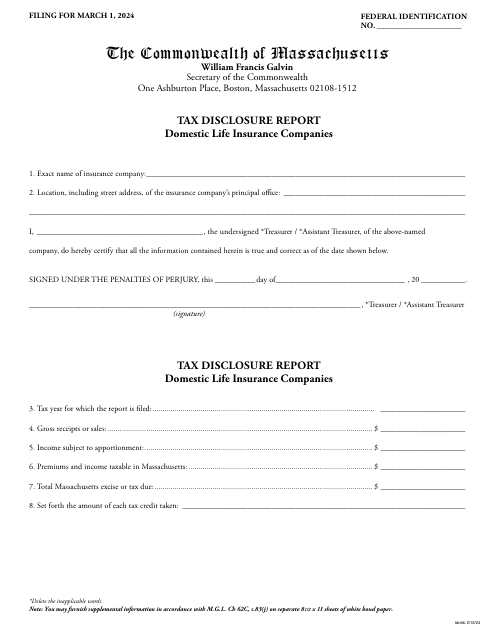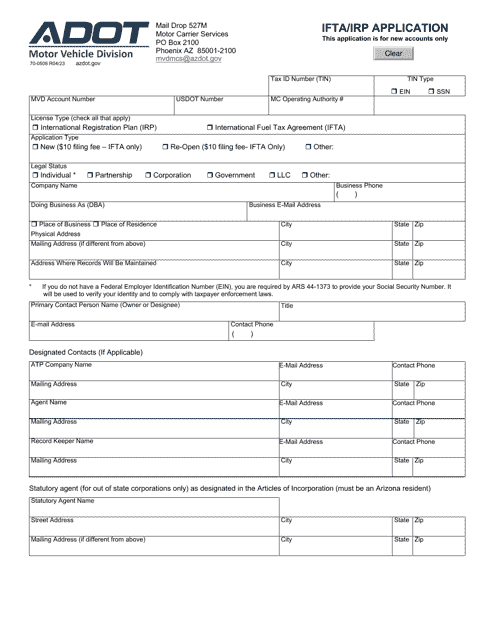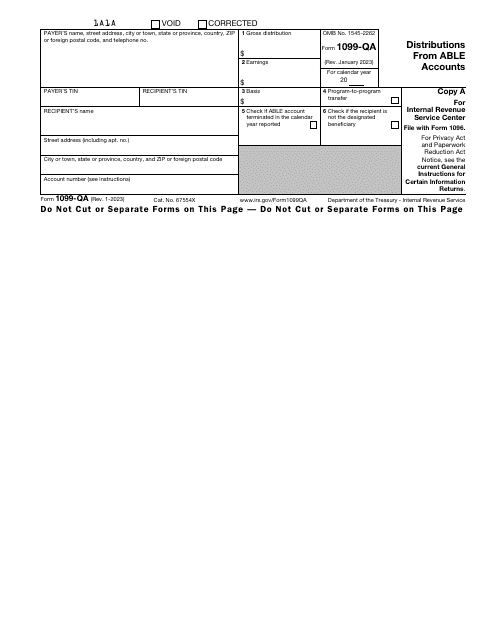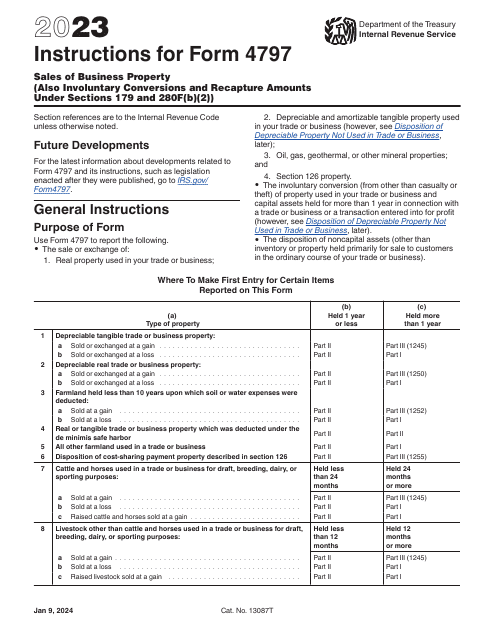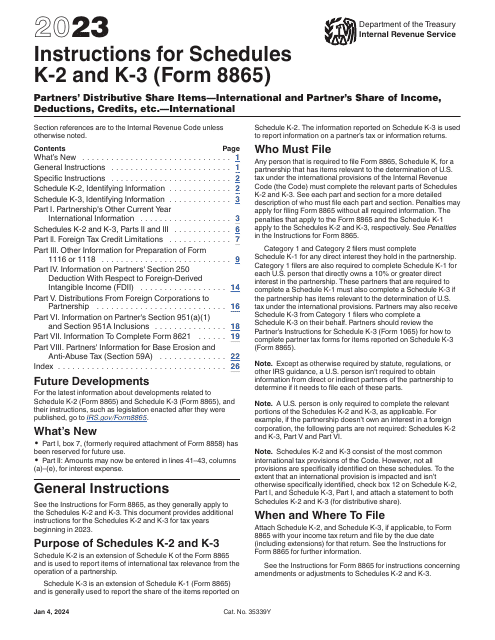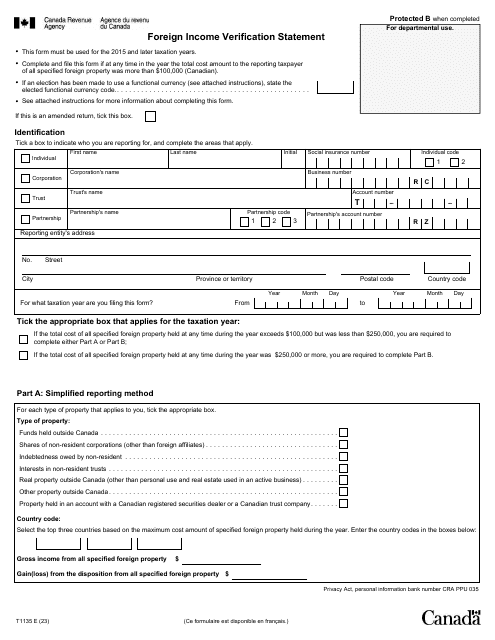Tax Reporting Requirements Templates
Are you looking for information on tax reporting requirements? Look no further! Our comprehensive collection of tax reporting documents will provide you with all the information you need to fulfill your reporting obligations.
Our collection includes instructions for various IRS forms such as Form 1096, 1097, 1098, 1099, 3921, 3922, 5498, and W-2G Certain Information Returns. These forms cover a wide range of reporting requirements, ensuring that you have the necessary guidance for reporting various types of income, transactions, and events.
Additionally, we have specific instructions for forms like Form 1099-LS Reportable Life Insurance Sale and Form 1099-S Proceeds From Real Estate Transactions. These instructions will help you accurately report and disclose these specific types of transactions.
In addition to the IRS forms and instructions, we also offer resources such as the Tax Disclosure Report for Domestic Life Insurance Companies, which is specific to Massachusetts.
Whether you're an individual taxpayer or a business owner, understanding and complying with tax reporting requirements is essential. Let our collection of tax reporting documents be your go-to resource for accurate and up-to-date information. Stay compliant and avoid any potential penalties or audits by utilizing our comprehensive collection of tax reporting requirements.
Documents:
40
This document is used for reporting compliance checks to the IRS. It helps ensure that individuals and businesses are meeting their tax obligations.
This is a formal IRS document completed to outline the discount received on particular debt instruments.
This is a formal IRS document used by entities that charge their customers a commission or fee for handling buy and sell orders to report how much capital gain or loss every client has got.
This form is completed by federal, state, and local government units (payers) and sent to the Internal Revenue Service (IRS), state tax department, and taxpayers (recipients) if certain payments were made over the previous year.
This form is a fiscal instrument used by creditors to inform their debtors about the debts they canceled over the course of the calendar year.
This Form is used for reporting miscellaneous income, such as freelance earnings or rental income, to the IRS.
This is a fiscal form taxpayers are obliged to prepare and submit to provide information about nonpayroll payments subject to tax and confirm they are paying an accurate amount of tax for the last year.

